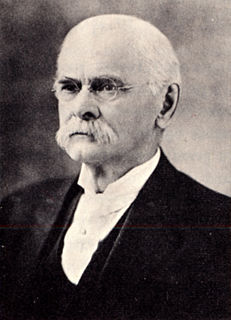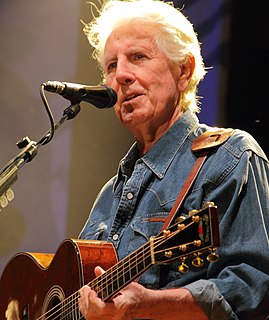A Quote by Thomas Hobbes
There is no action of man in this life that is not the beginning of so long a chain of consequences as no human providence is high enough to give a man a prospect in the end. And in this chain, there are linked together both pleasing and unpleasing events in such manner as he that will do anything for his pleasure must engage himself to suffer all the pains annexed to it.
Related Quotes
Criticism has plucked the imaginary flowers on the chain not in order that man shall continue to bear that chain without fantasy or consolation, but so that he shall throw off the chain and pluck the living flower. The criticism of religion disillusions man, so that he will think, act, and fashion his reality like a man who has discarded his illusions and regained his senses, so that he will move around himself as his own true Sun. Religion is only the illusory Sun which revolves around man as long as he does not revolve around himself.
It is true, that a little philosophy inclineth man’s mind to atheism; but depth in philosophy bringeth men’s minds about to religion. For while the mind of man looketh upon second causes scattered, it may sometimes rest in them, and go no further; but when it beholdeth the chain of them, confederate and linked together, it must needs fly to Providence and Deity.
The moment of truth, the sudden emergence of a new insight, is an act of intuition. Such intuitions give the appearance of miraculous flushes, or short-circuits of reasoning. In fact they may be likened to an immersed chain, of which only the beginning and the end are visible above the surface of consciousness. The diver vanishes at one end of the chain and comes up at the other end, guided by invisible links.
The manager-leader of the future should combine in one personality the robust, realistic quality of the man of action with the insight of the artist, the religious leader, the poet, who explains man to himself. The man of action alone or the man of contemplation alone will not be enough; these two qualities together are required.
The great secret of morals is love; or a going out of our nature, and an identification of ourselves with the beautiful which exists in thought, action, or person, not our own. A man, to be greatly good, must imagine intensely and comprehensively; he must put himself in the place of another and of many others; the pains and pleasure of his species must become his own. The great instrument of moral good is the imagination.






































